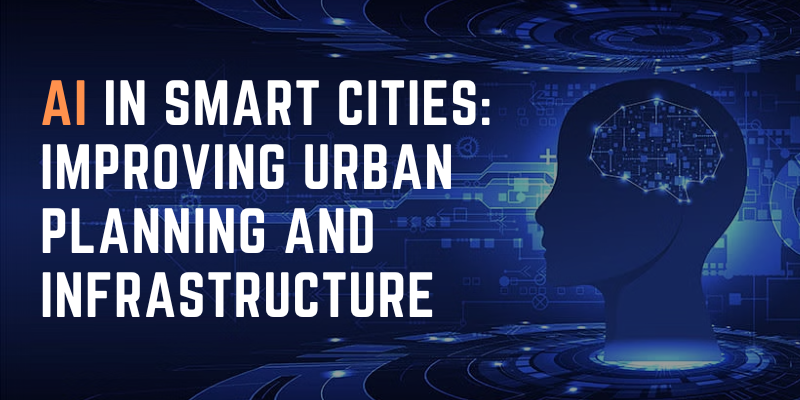AI in Smart Cities: Improving Urban Planning and Infrastructure
Introduction:
Artificial intelligence (AI) has emerged as a powerful technology with the potential to alter a wide range of sectors. However, as AI development progresses, it is critical to address the ethical concerns that come with it. Because AI systems are becoming more sophisticated and autonomous, responsible and ethical development and deployment practices are required. In this blog post, we will go into the core ethical considerations related to AI development, including topics such as transparency, justice, accountability, privacy, and the overall influence of AI on society. If you want to learn Artificial Intelligence, join Artificial Intelligence Course In Coimbatore at FITA Academy, which will help you concentrate on providing the best training for Understanding Machine Learning Algorithms.
Transparency and Explainability
Transparency and explainability are fundamental ethical factors in AI development. As AI systems get more complicated, it is critical to understand how they make decisions. Transparency difficulties can lead to trust, responsibility, and potential biases. AI algorithms frequently operate as “black boxes,” making interpreting the underlying decision-making process difficult. Researchers are developing strategies for explainable AI (XAI) to address this challenge. XAI approaches attempt to provide insights into the decision-making process of AI systems, allowing users to comprehend and assess their outputs. AI developers may increase trust, ensure accountability, and discover and correct potential biases or unethical decision-making by increasing openness and explainability.
Bias and Fairness
Bias in AI systems is a critical ethical concern. AI algorithms learn from massive datasets, and if these databases contain biases, the algorithms could perpetuate and amplify them. This may lead to discriminatory outcomes, particularly in hiring, financing, and law enforcement. Ethical AI development involves actively detecting and correcting biases. To ensure representativeness and fairness, training data must be thoroughly evaluated. Furthermore, AI algorithms should be developed to prioritize justice and reduce disparities in impact among groups. To discover and correct biases that may emerge during deployment, continuous monitoring and auditing of AI systems is required. AI developers can help create a more equitable and just society by actively reducing bias and promoting justice. Enrolling Artificial Intelligence Course In Madurai focuses on providing the best training for working with linear regression, understanding multi-Level models, etc.
Accountability and Responsibility
Accountability is a critical ethical consideration in the development of artificial intelligence. As AI systems gain autonomy and make decisions that affect individuals and society, assessing accountability becomes more difficult. It is vital to establish clear lines of accountability and regulatory frameworks for the behaviour of AI systems. Developers, organizations, and policymakers must address responsibility and obligation. Additionally, processes for redress and fixing algorithmic flaws or harm produced by AI systems should be in place. By ensuring accountability, possible dangers connected with AI systems can be avoided, and individuals can seek redress if harmed.
Privacy and Data Protection
The collecting and using of personal data in AI development raises serious ethical concerns about privacy and data security. AI systems rely on vast databases. Therefore people’s privacy rights must be protected. Developers should follow privacy-by-design principles, incorporating confidentiality protections into designing and developing AI systems. This includes strong data anonymization techniques, safe data storage, and transparent data usage regulations. Obtaining informed consent and controlling people’s data are critical to ethical AI research. AI developers may build trust with users and ensure responsible use of personal information by prioritizing privacy and data protection. You can join the Artificial Intelligence Course In Pondicherry to understand Artificial Intelligence concepts in-depth, which will help you provide Standard Normalisation Basics of Hypothesis, etc.
Societal Impact and Human Values
The broader societal impact of AI is a significant ethical consideration. AI technology should align with human values and support the well-being of individuals and communities. Ethical AI development entails assessing and mitigating the potentially harmful effects on persons and society. Bias, justice, accessibility, and inclusivity are all factors to consider. Collaboration among AI developers, policymakers, ethicists, and stakeholders is required to ensure that AI technologies are deployed in ways that respect social values and contribute positively to society. AI developers can construct systems that empower and benefit all members of society by prioritizing societal effects and human values. Join an Artificial Intelligence Course In Hyderabad to learn more about the importance of AI in the industry.

